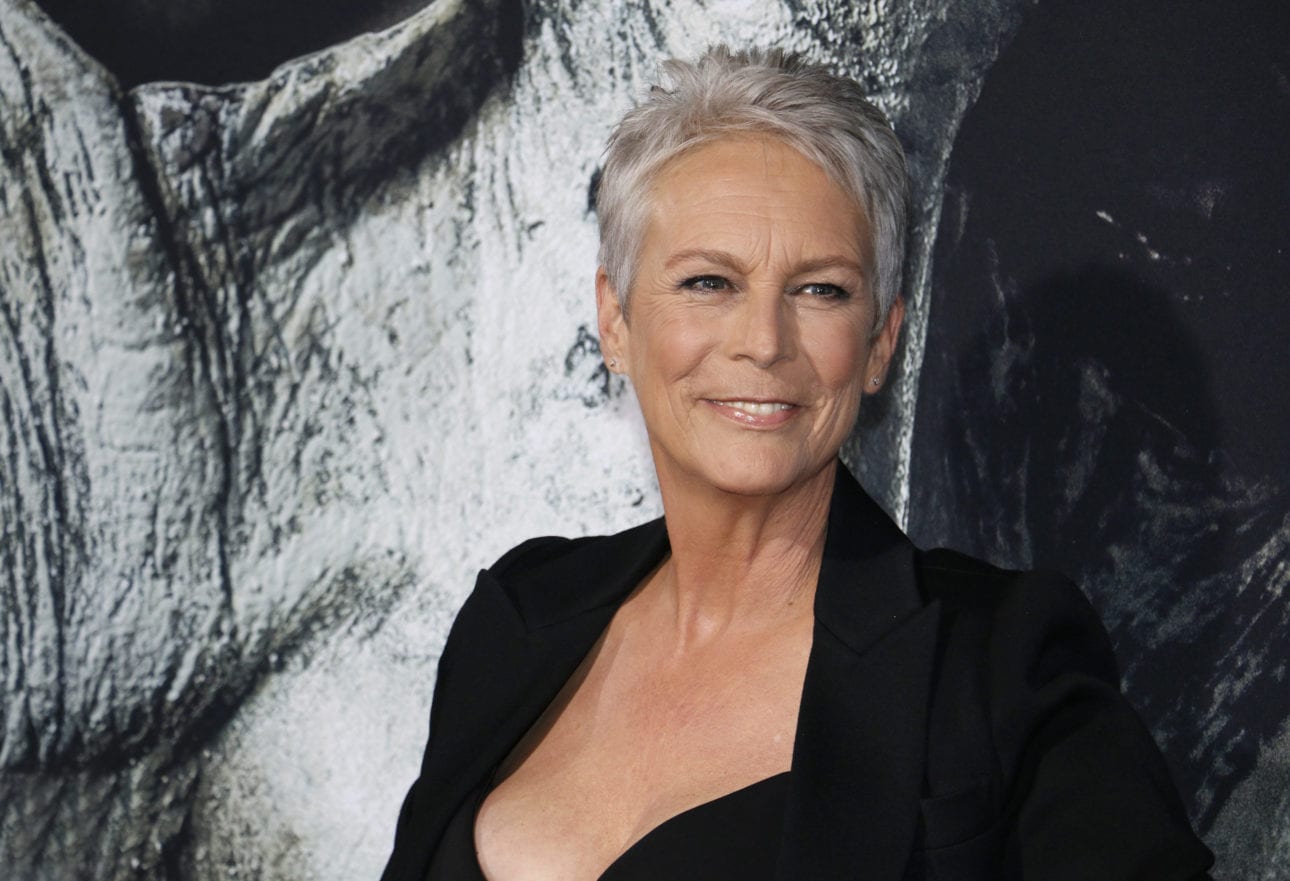Finding the right addiction treatment for you can be overwhelming. A simple google search can present you with what feels like an endless amount of treatment options. Treatment should be a safe place where you can get honest with yourself and others, be vulnerable, and develop relationships with other sober people.
Addiction manifests in many forms and affects people differently. Addiction can also impact men and women differently. If you’re a woman and looking to get sober, a female-only treatment facility could be a great option for you. At Anchored Tides Recovery, located in Orange County, CA, we’re a female ran and female-only treatment center. It’s safe to say we totally understand women and recovery.
What is a Women-Only Addiction Treatment Facility?
A women’s only addiction treatment facility is exactly what it sounds like. This is a facility that has been designed specifically to help women who suffer from addiction. During the 1970s and 80s, it came to light that addiction research was historically done on men, therefore the foundation of treatment was ill-equipped for women. As a response to this, research began on the differences between men and women when it comes to addiction. Studies show that:
- Addiction progresses faster and can be more severe in women
- Problems related to addiction interfere with functioning in more areas of life than men’s do
- Are more likely to encounter health-related issues from addiction
After information on how addiction affects genders differently became available, women-only treatment started to form and flourish.
Benefits of a Women-Only Facility
There are numerous benefits to attending a women-only treatment center for addiction.
It’s Easier to Open Up
One of the most important aspects of addiction treatment is opening up to others. People need to be able to share their experiences regarding how addiction has impacted them while also learning from the experiences of others. Women might feel hesitant to open up regarding how addiction has impacted them with other men in the room. In many cases, drug abuse and addiction are going to impact other aspects of someone’s life, including their sexual health. It’s not uncommon for women to have negative sexual experiences during their addiction. It’s important for women to share these experiences in order to cope.
Find Common Ground
When women enter a treatment facility that is designed for both genders, they might feel like they don’t have a lot in common with the other people in the facility. This can make it hard for someone to come to terms with addiction and rehab. If the treatment center focuses on women, the clients are going to be able to learn from the similarities of others. They are going to feel like they aren’t alone during treatment. Women’s only treatment also sets the foundation for creating a strong sober network. As a woman, it’s important to have support from other women, during and after treatment.
All Women Staff
At Anchored Tides Recovery, we have an all-female staff. We feel the best way to run a female treatment center is to have females running it. We pride ourselves on creating a welcoming, safe space for women to start their recovery journey. Our female staff understands what you’ve been through while battling addiction and is dedicated to giving you all the tools you need to overcome this horrible disease. We will help you with your addiction and any comorbid conditions such as anxiety, depression, trauma caused by negative sexual experiences or domestic violence, PTSD, and more.
We Support Women
At Anchored Tides Recovery, we are a comprehensive, dual-diagnosis enhanced program designed specifically for women, by women. Our program offers numerous levels of outpatient services including a Partial Hospitalization Program (PHP), an Intensive Outpatient Program (IOP), a traditional Outpatient Program (OP), and long-term recovery monitoring. We are here to help women overcome addiction and mental health disorders. If you would like to learn more about how our program can help you and your family members recover from addiction, please contact us today!































